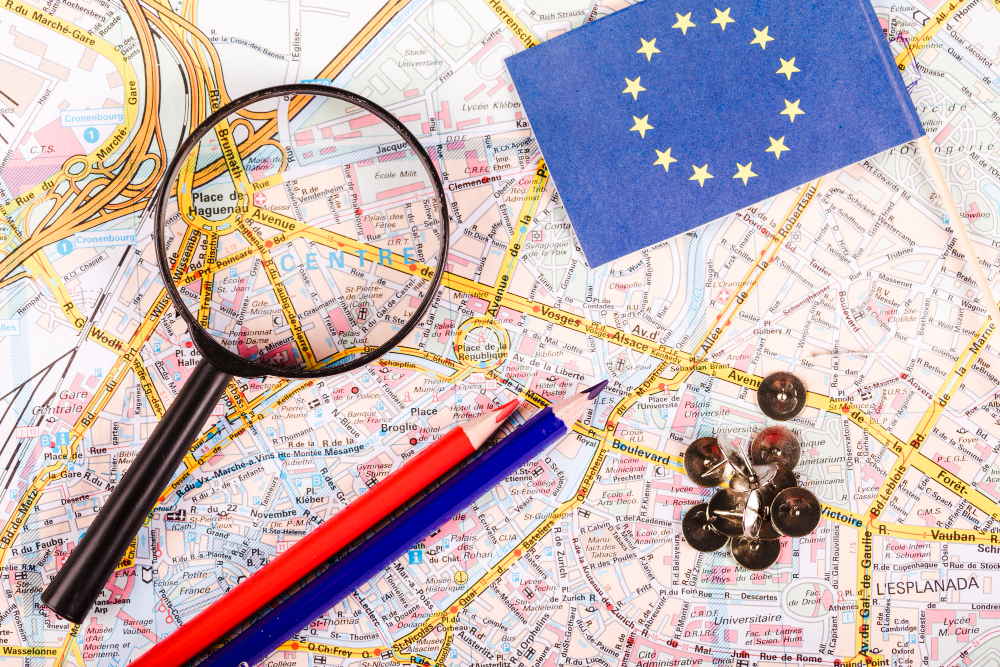Qualified majority voting as a way forward?
The EU enlargement process has been bogged down for at least the past decade. While the new geopolitical landscape and urgency created following Russia’s invasion of Ukraine has brought EU enlargement back to the fore, bottlenecks remain in the EU enlargement decision-making process. This paper contributes to the debate on how to reform EU decision making on EU enlargement so as to make it more effective and, by extension, so that the EU regains its credibility in its neighbourhood and beyond. The analysis explores the limits of unanimity in the EU accession negotiations, especially when individual Member States obstruct the process over bilateral issues unrelated to the formal membership criteria. To streamline EU enlargement, this briefing explores the potential of qualified majority voting (QMV) at key intermediary stages of the accession process. If the EU is serious about its ambition to be a geopolitical actor, considering the political, legal and institutional implications of QMV in EU enlargement will be key.
About the author:
Wouter Zweers is a research fellow at Clingendael’s EU & Global Affairs Unit.
Dr. Isabelle Ioannides is a senior policy analyst and research manager in the European Parliamentary Research Service (EPRS)
Zoran Nechev is the head of the Center for EU integration and a senior researcher at Institute for Democracy Societas Civilis Skopje – IDSCS
Nikola Dimitrov is the President of the Balkan Center for Constructive Policies – Solution


